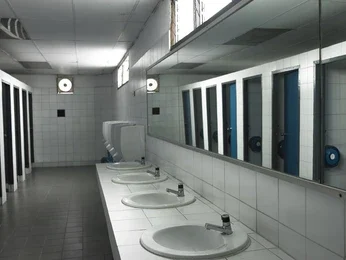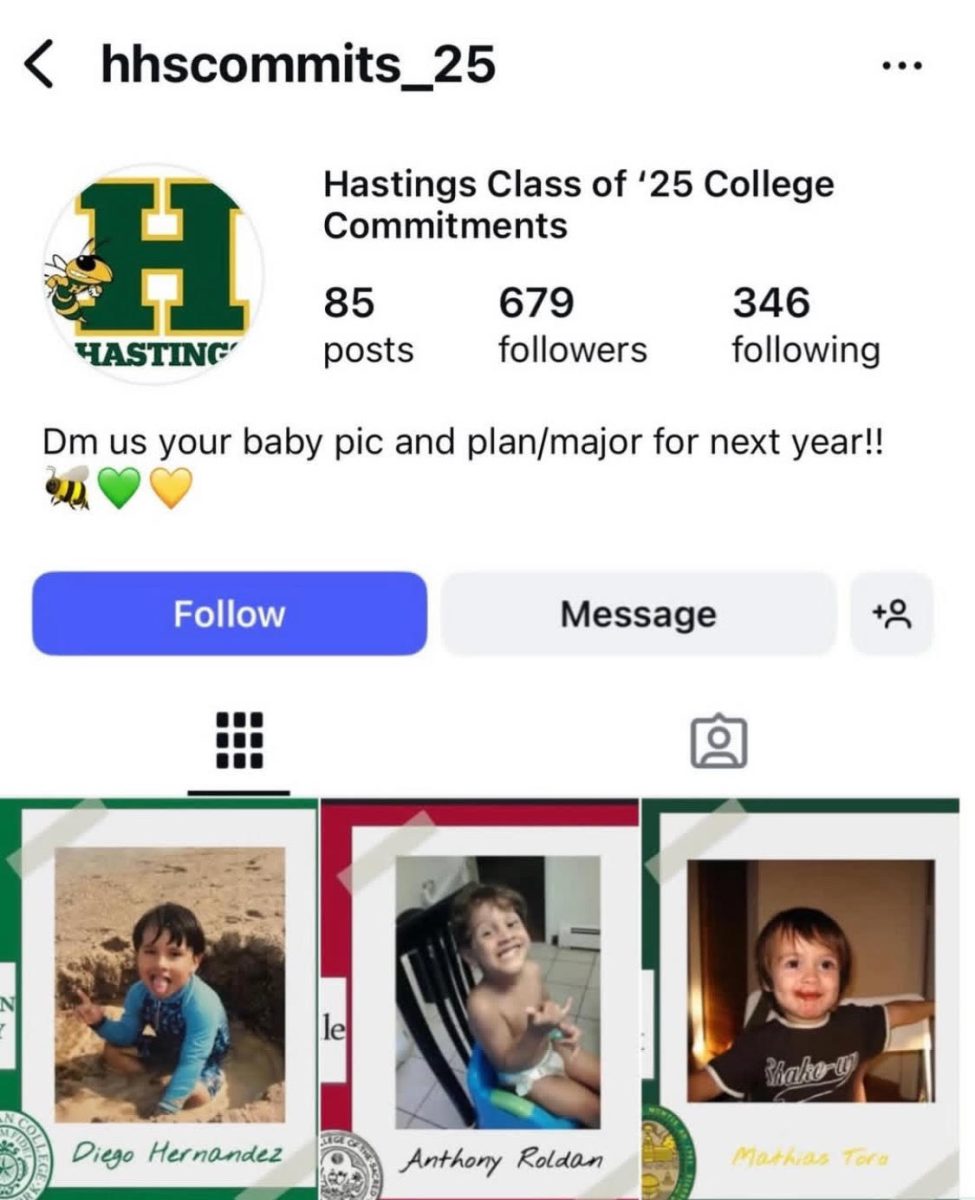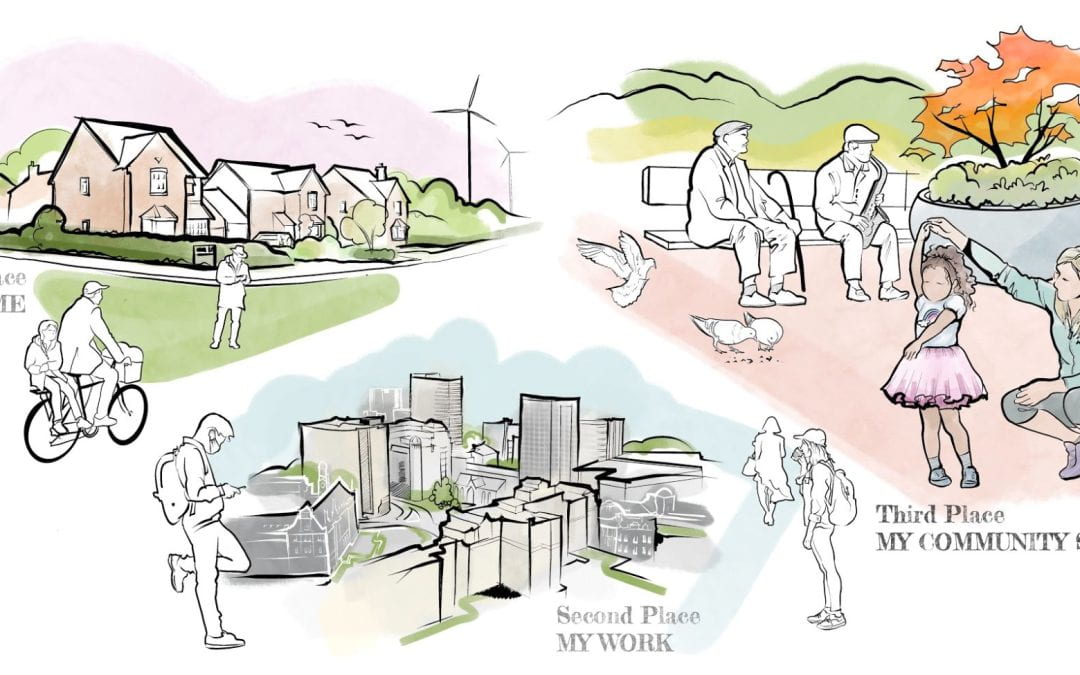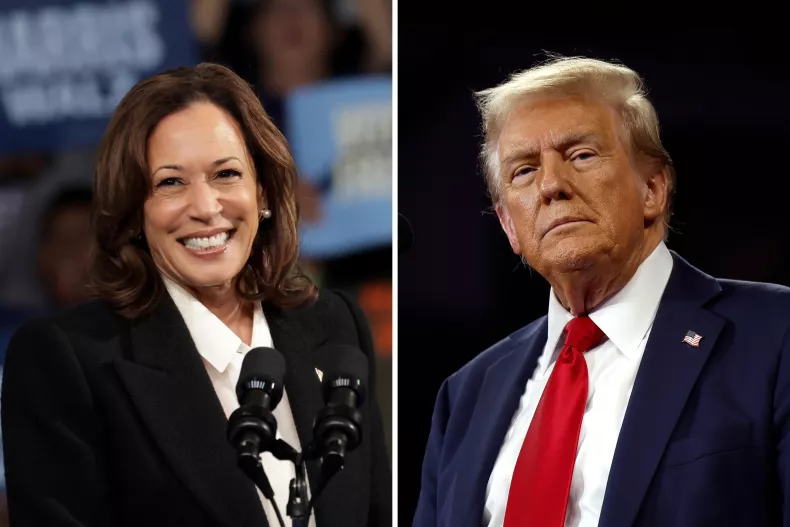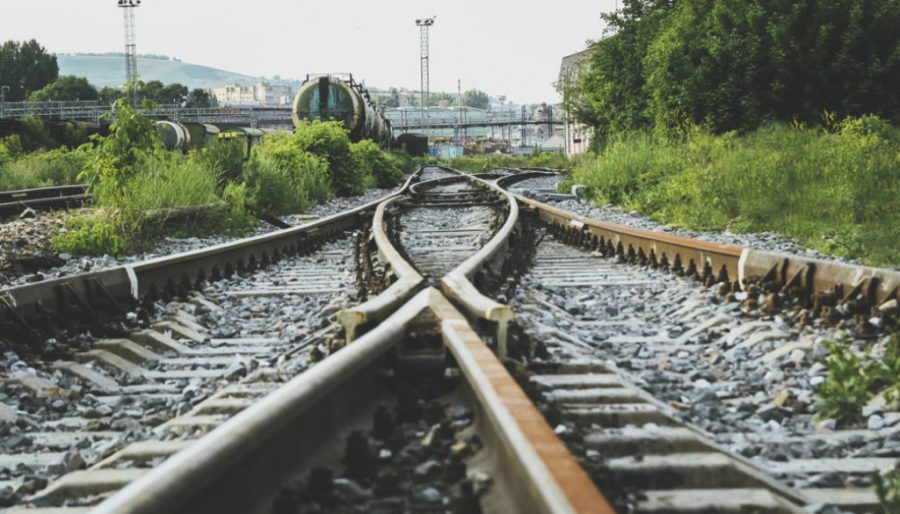COVID-19: A crisis ripe for partisan manipulation, or unity?
Editorial
October 14, 2020
As the COVID-19 virus continues to ravage the globe, people all over the world are suffering and responding differently. No one person is going through the same experience. But there’s also been a uniting side to COVID-19: a sense that, despite our different experiences and stories, we’re all in the same boat. Here at The Buzzer we were interested in looking at how COVID-19 has been uniting as well as polarizing, and if perhaps a potential for change and progress was created that has been left unfulfilled.
The findings of a poll done by More in Common and Together in March of 2020 showed that 82% of Americans believe that “we have more in common than what divides us.” Has this held true almost six months later? Can we still count on one another?
The mutual response to COVID-19 provides glimpses of bipartisan cooperation. For example, Louisiana’s Rupublican attorney general gave the state’s Democratic governor a mask as a present of hope; both pledged to set aside their bitter political tensions and side with science in order to confront the greater enemy. The nation has also seen many historic moments on a national level. The Coronavirus Aid, Relief, and Economic Security (CARES) Act – the largest federal stimulus in US history – collected support from all sides of the political spectrum. It passed with a stunning 96-0 vote. Perhaps the American people aren’t as divided as we think – right?
Catastrophe prompts people to step up and most importantly, show up. Tens of thousands of average Americans have joined forces to organize food deliveries and other crucial supplies to vulnerable community members. Carpenters are building desks for students in a time of online learning, schools are giving out free meals, and people are helping senior neighbors. In a time where we are forced to stay distanced, we have found ways to be closer than ever.
It is comforting and very often true to say that human beings set aside their differences during a crisis. One need only look to the past for examples. The enormous March 2011 earthquake and tsunami that struck Japan’s northeastern coast and triggered a nuclear disaster at Fukushima occurred during a period in which the government was deeply divided. Weeks later, with roughly 18,500 people dead or missing, the majority of the Japanese public came together to rebuild and keep moving forward.
Surely, the COVID-19 crisis has given us a deepened understanding of what it truly means to be unified in a crisis. But what about crises that don’t directly affect us? How long did it take for the American public to forget or lose interest in the state of Lebanon following the Beirut blast – which left dozens of people dead and thousands injured? Is it true that we are more concerned about our own crises than those that happen thousands of miles away? In this way, have we really become more united? Have problems around the world become our problems – or are we merely interested in ourselves? It seems that in order for it to be true that we have become more globally united, we must be willing to react to others’ crises with the same urgency and care that we would react to our own. There is only one human race. A virus disregards all borders – both human-made and otherwise – so we should not let borders determine the ways in which we react to crises.
Building a globe that is so interconnected takes time. The global pandemic seemed like the perfect opportunity to start making steps towards that and to foster solidarity and empathy. It would be naive, however, to say that there has been nothing but unity during these past few months. Political divisions have deepened, policies are constantly questioned, and issues of basic science have been called in doubt. Even masks, basic measures of public safety, have turned into symbols that misconstrue their original purpose. Wearing one is now a question of which ‘side’ you’re on, when in reality we should all be on the same one. The sense of mutual responsibility is undermined in cases like these. Rampant misinformation has pitted people against each other, chipping away at shared trust and information just when we need it most.
Indeed, instead of seeking out ways to help each other, humanity has turned to assigning blame. In India, for example, Muslims have been accused of being the spreaders of COVID-19. The tension escalated to beatings by vigilante groups. In Sri Lanka, the media and other online platforms have spread hate rhetorics that blame one of the country’s religious minorities – Muslims – for the spread of the virus. In the United States, some are now blaming Orthodox Jews for spikes in cases in NYC, and our President has continued to label the pandemic “The China Virus.” We’ve returned to a tribal mentality in some ways, shifting blame off the groups we belong to and assigning it to others.
Importantly, while we must physically mask ourselves, we have also had to unmask our actions and those of our larger communities. We have had to unmask our ignorances, prejudices, and the systemic racism that infiltrates almost every sector of American society. COVID-19 has disproportionately affected Black and Brown communities and has left nearly four in ten Black and Hispanic families facing food insecurity during the pandemic (recent Harvard study). COVID-19 has also exacerbated racial inequalities and has left millions unemployed. If COVID-19 has taught us anything, it is that we must act; we must step up and show up. We must protest against inequalities and vote to make sure our neighbors are heard.
We have seen enough acts of kindness during these past few months to know that unity is indeed possible in dark times. It’s just a matter of putting aside our smaller, selfish beliefs in favor of more important, shared ones. On larger issues of health and safety, everyone can agree that we need to minimize any suffering. Now is not a time of finger pointing but of hand holding — in a figurative sense. It is cooperation and unity — not division — that will help us get through this faster.
